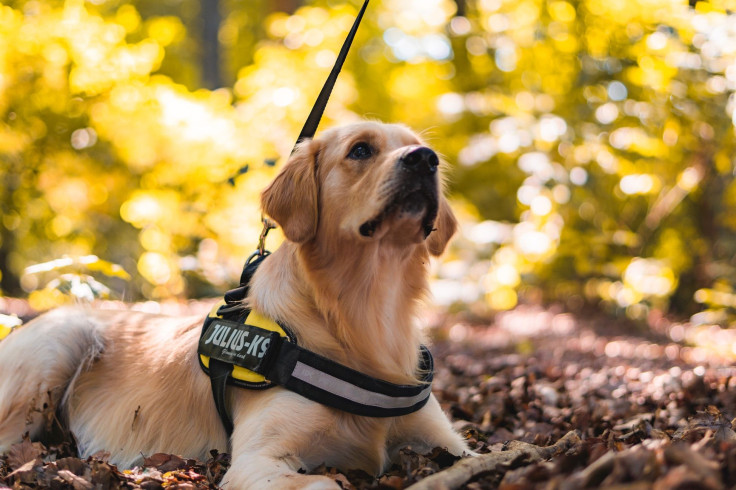The affection that dog owners have for their pets is priceless. It may form strong relationships that last a lifetime. Many pet owners worry if their four-legged companions share their feelings.
Dogs might be challenging to understand. So, how can anyone tell for sure? Here are the top five ways to know if your dog loves their masters in return.
Uses the Correct Body Language
According to the New York Times, your dog's body language strongly indicates that the furry friend loves their master. Many are aware of some of the most prominent body language signals. When people step into the room, do the dog's ears perk up? When the masters open the front door, does he wiggle around excitedly? Is his tail wagging ferociously? That, together with a more newly found element of dog body language, indicates that he's content.
Stays Close to Masters
Dog's tail wag isn't the only sign that they adore their masters. Many dogs, according to VetStreet, lean against their humans. Some are on their feet. During a walk, they may stick close to you. When they sleep, they may want to snuggle up to you as much as possible. What is the explanation for this? Your dog is looking for affection from you.
Makes Eye Contact
Is your dog looking at its master's eyes? It turns out that this is one of the ways the furry friends express their love for masters. According to Science Magazine, researchers have discovered that "mutual gazing" among dogs and their masters induces considerable oxytocin increases. Oxytocin is a vital hormone that plays an integral part in bonding in both humans and dogs.
Responds to Masters' Voice
Sure, when masters tell their dogs that dinner is ready or that it's time for a walk, the pet rushes over. According to NPR, researchers discovered that when dogs hear praising words and approving intonations, reward pathways in their brains light up. Dogs pay attention to what masters say and how they say it. Dogs separate the meaning of the words from the tone when processing speech.
Bonds With Masters
During favorable human reactions, the brain releases oxytocin, which is sometimes referred to as "the love hormone." When you see someone you care about, interact with a friend, or even when a stranger is good to you, your brain releases oxytocin. The hormone aids in our ability to form bonds with and care for others. Paul Zak of The Atlantic wrote that dogs' brains, too, release oxytocin.

© 2025 Latin Times. All rights reserved. Do not reproduce without permission.





